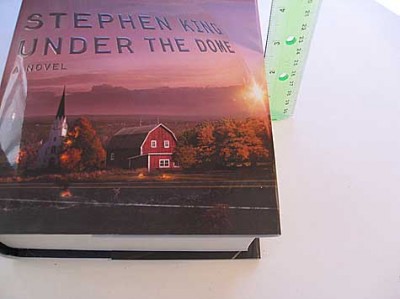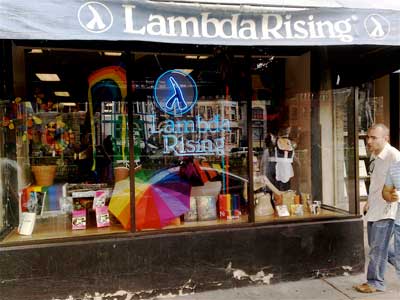In retrospect, I probably should have stayed with print journalism. A strange thing to say, I know, given the number of articles about the death of print media, the number of layoffs surviving newspapers have done in the past six months, and the number of newspapers that have gone online only. Still, I think sticking with it would have benefited me in the long run.
I wrote exactly one article for my high school newspaper. Published in the issue we did on the 20th anniversary of JFK‘s assassination, I remember it distinctly mostly because I hated writing it. The subject was merit pay – a proposed system wherein a teacher’s pay would be based not on seniority but on how well that teacher’s students performed (usually on standardized tests) – and how our county school board’s proposal was being received by the teaching staff.
Even though the system wasn’t supposed to go into effect for another 5 to 7 years, teachers in the county were already talking about something called “work to the rule” where they would work the hours they were scheduled and no more. “Work to the rule” would have had a negative impact on after school clubs and activities, and it also would have made teachers unavailable for providing additional help to students whose grades were marginal or who were floundering. In the go-go 1980s when your application to college could be made or broken based on how many extracurricular activities in which you had participated, the student body had a vested interest in keeping those clubs and application padding activities flourishing. Me, I really didn’t give a shit. Yet, there I was, an eager freshman who had to produce 400 words on the merit pay system, teachers’ reactions, and how it might impact the student body, and all with no trace of bias. Yes, this was back in the days when we still believed in such a thing as “objective reporting.”
It wasn’t that the subject held no interest for me, and that it was quite possible that I would get assigned other equally boring topics, that really turned me off the whole student journalist thing. What really soured the whole thing was that I couldn’t just write the objective article using sources, like school board and teacher’s union press releases, and previously published accounts. No, I had to actually go out and talk with people (read: teachers and other students) to find out what they thought. More importantly, I had to talk with them in a way that encouraged them to tell me what they actually thought rather than what they thought would sound best or what they thought I wanted to hear.
People don’t say what they mean, not usually anyway. And it’s like pulling teeth to get them to be direct about anything. We talk around things. We talk in metaphors. We use body language, something that isn’t especially useful or easy to portray on the printed page, to convey meaning and hope against hope that the other person somehow gets what we’re trying to say.
Not only do we not say what we mean, we very often don’t say what we want. Happily we’ll defer to another person’s decision making only to spend the evening seething because no, really, you didn’t want to see Twilight: New Moon but you did say you didn’t care so…there you are trying to resist the urge to scream at the screen because Bella is such a dishrag.
We obfuscate, particularly when we feel the emotional stakes are high. We dodge. We shift. We tell half-truths. We bury the important stuff in the middle of other stuff that isn’t important and hope no one notices it. Sometimes, we even use a sneaky little technique where we actually answer the question we were asked no the question the person doing the asking actually meant to ask. In short, getting the truth out of most people is more than a bit like mining: lots of digging with very little yield.
It’s because of this, and because 80% of the time I am no better in my interpersonal communications, that I think sticking with print journalism could have helped me. Being required to talk with people I don’t know, people who don’t necessarily trust me, would have forced me to develop better listening skills, and better question asking skills. It would have forced me to pay attention to what people don’t say as much as what they say rather than treating them as if they were behaving the way I want them to behave (that is: saying what they actually mean).
I know it certainly would have improved my ability to write good dialogue. That in and of itself would have made the slog through journalism school worth it.
I’m not saying I think radical honesty would make life easier. But I do think that life would certainly improve if we all just said what we meant.


